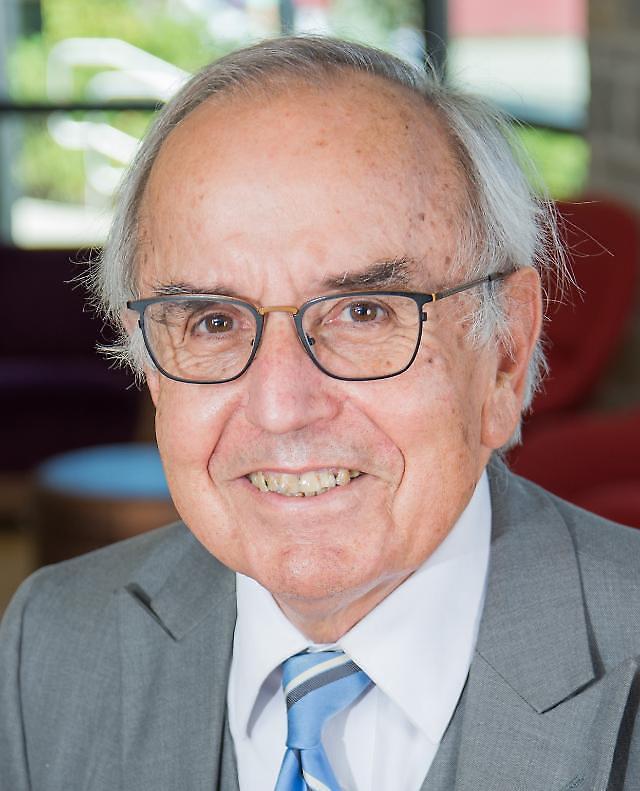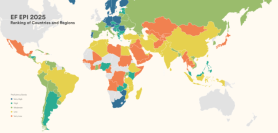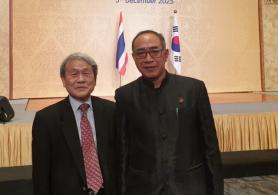
KENOSHA -- On September 21, in a magnificent military ceremony, General Thierry Burkhard, Chief of the Defense Staff of France, laid a wreath at the Tomb of the Unknown Soldier in Washington D.C. He was accompanied by U.S. General Mark Milley, Chairman of our Joint Chiefs of Staff, and other senior officers.
In contrast to Franco-American policy conflicts over the decades, this significant event has received almost no media attention.
In 2021, France denounced Australia’s decision to purchase nuclear submarines from the United States and Britain. This meant the cancellation of the purchase of French conventional submarines.
In 2015, France agreed to supply two aircraft carriers to Russia. Paris canceled that deal only after sustained pressure from allies.
France began a singular, independent course after General Charles de Gaulle became president in 1958, during a severe national crisis. In the midst of growing acrimony, in 1966 France demanded that NATO depart the nation. Alliance headquarters moved to Belgium.
However, in 2009, France returned to full participation in the alliance. This is another key point.
Breaking away from NATO was central to de Gaulle’s strategy. The dedicated leader of the Free French during World War II returned to national leadership in a time of grave crisis - and chaos. Defeat by Germany, then again in 1954 by communist revolutionaries in Indochina, another enervating war in Algeria, and the revolving door character of post-war governments all contributed to the perception that France was a crippled member of the Atlantic alliance.
After returning to power, de Gaulle skillfully employed a three-pronged strategy involving image, institutions, and foreign policy. His remarkable career and personality permitted him to appeal simultaneously to French traditions of monarchism, patriotism, and populism. He was aloof and also often imperious, yet skillfully used popular referenda. Enormous prestige facilitated dramatic political moves.
De Gaulle established the Fifth Republic, including a new constitution granting exceptional executive power to the president. He rebuilt French self-confidence through emphasis on the “force de frappe,” the independent national nuclear force, plus diplomacy. The nuclear deterrent became a potent symbol of national pride and independence.
Except for Britain, a unique special partner, the United States has opposed other nations’ development of nuclear weapons. The Kennedy administration was aggressive compared to the nonconfrontational Eisenhower administration in pressing U.S. policies on Europe.
The resulting clash between JFK and de Gaulle made for dramatic political theatre. Magnetic personalities were involved, but so were profound differences, unlike.
Along with rejoining NATO, the government of France announced financial compensation for people suffering ill health from France’s nuclear tests in the atmosphere. Previously, there was a refusal to acknowledge health risks.
De Gaulle’s legacy includes today’s powerful political institutions and support of NATO from a position of strength. Following the 9/11 terrorist attacks, French aircraft patrolled North American air space. France actively supports the defense of Ukraine.
Crack French troops have been successful in Mali and other parts of Africa.
In 1991, the European Bank for Reconstruction and Development began. France is a leading founder of this effort to spur investment in Eastern Europe.
In contrast to the Cold War, enormous economic incentives keep investment capital moving across borders and across the Atlantic. Europe’s and the Atlantic area’s economic and military security organizations are strong.
As we committed significant combat forces to the Vietnam War in 1965, U.S. military officers sneered at the alleged weakness of France, defeated there in 1954.
We learned our attitude was mistaken.
Copyright ⓒ Aju Press All rights reserved.




